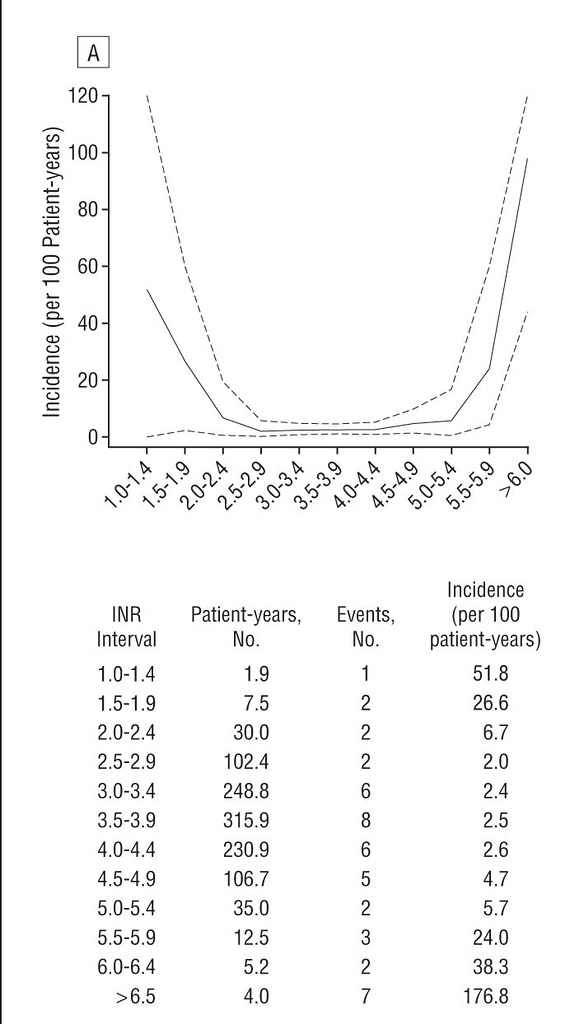Nupur
Well-known member
Hi folks, I am posting this question for a friend. Her mom has had a mech aortic valve for 10 years, on Warfarin with target INR 2.5-3.5, Recently her Warfarin dosage was increased due to TIA, and a few weeks later she had a spontaneous hematoma. I think she has had a second episode of it as well. In and out of hospital. Re introducing Warfarin. Anyone else faced this? Any advice on what the target range should be or what to watch out for? Also, 3.6 is not that high, is age a factor in risk of bleeding with Warfarin? Thanks in advance!




